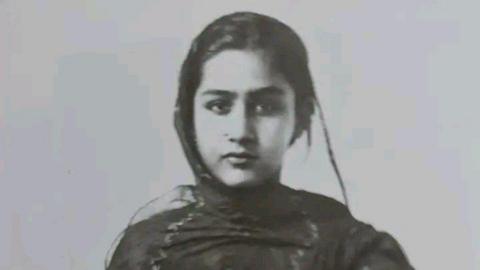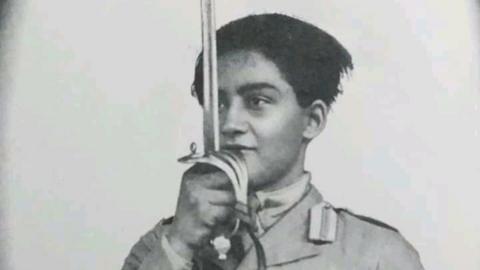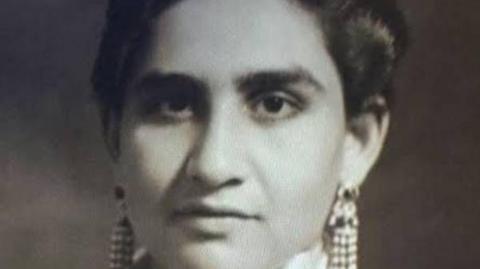Abida Sultaan was nothing like your typical princess.
She wore her hair short, shot tigers and was an ace polo player. She flew planes and drove herself around in a Rolls-Royce from the age of nine.
Born in 1913 into a family of brave 'begums' (a Muslim woman of high rank) who ruled the northern princely state of Bhopal in British India for over a century, Abida continued their legacy of defying stereotypes around women in general and Muslim women in particular.
She refused to be in purdah - a practice followed by Muslim, and some Hindu women, of wearing clothes that conceal them and secluding themselves from men - and became heir to the throne at the age of 15.
Abida ran her father's cabinet for more than a decade, rubbed shoulders with India's prominent freedom fighters and would eventually come to have a ringside view of the hate and violence the country disintegrated into after it was partitioned in 1947 to create Pakistan.
She was groomed from a young age to take on the mantle of ruler under the guidance of her grandmother, Sultan Jehan, a strict disciplinarian who was the ruler of Bhopal.
In her 2004 autobiography, Memoirs of a Rebel Princess, Abida writes about how she had to wake up at four in the morning to read the Quran - the religious text of Islam - and then proceed with a day filled with activities, which included learning sports, music and horse riding, but also included chores like sweeping the floor and cleaning bathrooms.
"We girls were not allowed to feel any inferiority on account of our sex. Everything was equal. We had all the freedom that a boy had; we could ride, climb trees, play any game we chose to. There were no restrictions," she said in an interview about her childhood.
Abida had a fierce, independent streak even as a child and rebelled against her grandmother when she forced her into purdah at the age of 13. Her chutzpah coupled with her father's broad-mindedness helped her escape the practice for the rest of her life.
Already heir to the throne of Bhopal, Abida stood the chance of becoming part of the royal family of the neighbouring princely state of Kurwai as well when at the age of 12, she was married off to Sarwar Ali Khan, her childhood friend and ruler Kurwai. She described her nikah (wedding), about which she was clueless, in hilarious detail in her memoir.
She writes about how one day, while she was pillow-fighting with her cousins, her grandmother walked into the room and asked her to dress up for a wedding. Only, no one told her that she was the bride.
"No-one had prepared or instructed me on how to conduct myself, with the result that I walked into the nikah chamber, pushing the gathered women out of my way, my face uncovered, sulking as usual for being chosen again for some new experiment," she writes.
The wedding was brief like Abida's marriage, which lasted for less than a decade.


